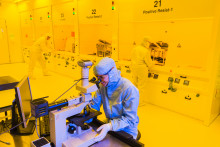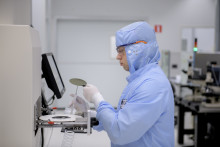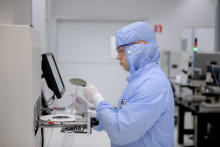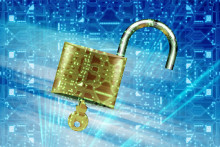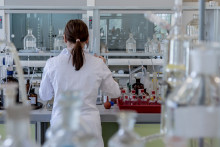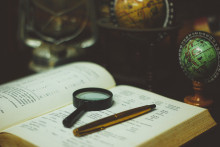UT Open Science Week
UT Open Science Week will take place from the 20th until the 23rd of June at the ITC building as well as in Vrijhof on campus. The programme includes daily sessions dedicated to various themes, such as FAIR data and geo-citizen science. You can find the full programme and register here.
The event is organized by Markus Konkol, Open Science Officer at ITC and co-organizer of the Open Science Community Twente, and Wilma Meere, project manager at the Digital Competence Centre (DCC), university-wide network of expertise on open science and research data management.
Why did you decide to organize UT Open Science Week?
Konkol: ‘The idea has always been to inspire people towards culture change in science. It is currently not common to follow open science practices, which create a more transparent and fair environment with more cooperation and less competition. That is why you need to regularly bring up the topic, so that people become aware of it and hopefully make the switch to open science more easily.’
Who is the event intended for?
Meere: ‘It is for everyone interested in open science. It’s of course important that researchers join, but we also hope students, PhD candidates and support staff will attend. It is important for everyone to think about.’
Konkol: ‘Indeed. Students and doctoral candidates are the future researchers, so it is crucial that they get in touch with the topic early on.’
From your own perspective, why is open science important?
Konkol: ‘I always argue with the big challenges we are currently facing – climate change, pandemics, energy transition and so on. All that is easier to tackle if you share data and research. Cooperation is better than competition. Research is paid by public taxes, and so it should be available to the public. We need to create equal opportunities for everyone to contribute to science.’
Meere: ‘If you want impact and societal value, it’s just not logical for everyone to work on their own and to not have open access to already developed knowledge.’
What should be the event’s main takeaway? What do you hope participants will learn from it?
Konkol: ‘We’d like people to get curious about open science and see that it is relevant – for science, society and for themselves.’
Meere: ‘Exactly. We hope the participants will understand the meaning of open science and see what they can do with it themselves. I mostly hope it will inspire people and that they become open science ambassadors.’


